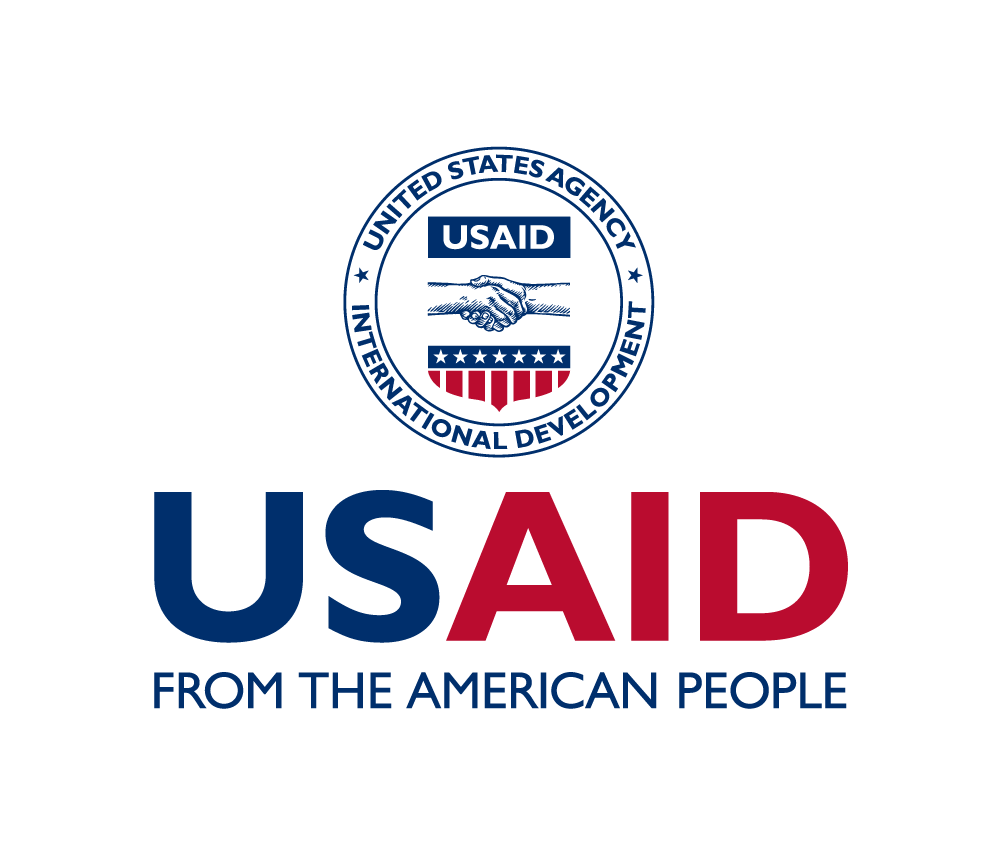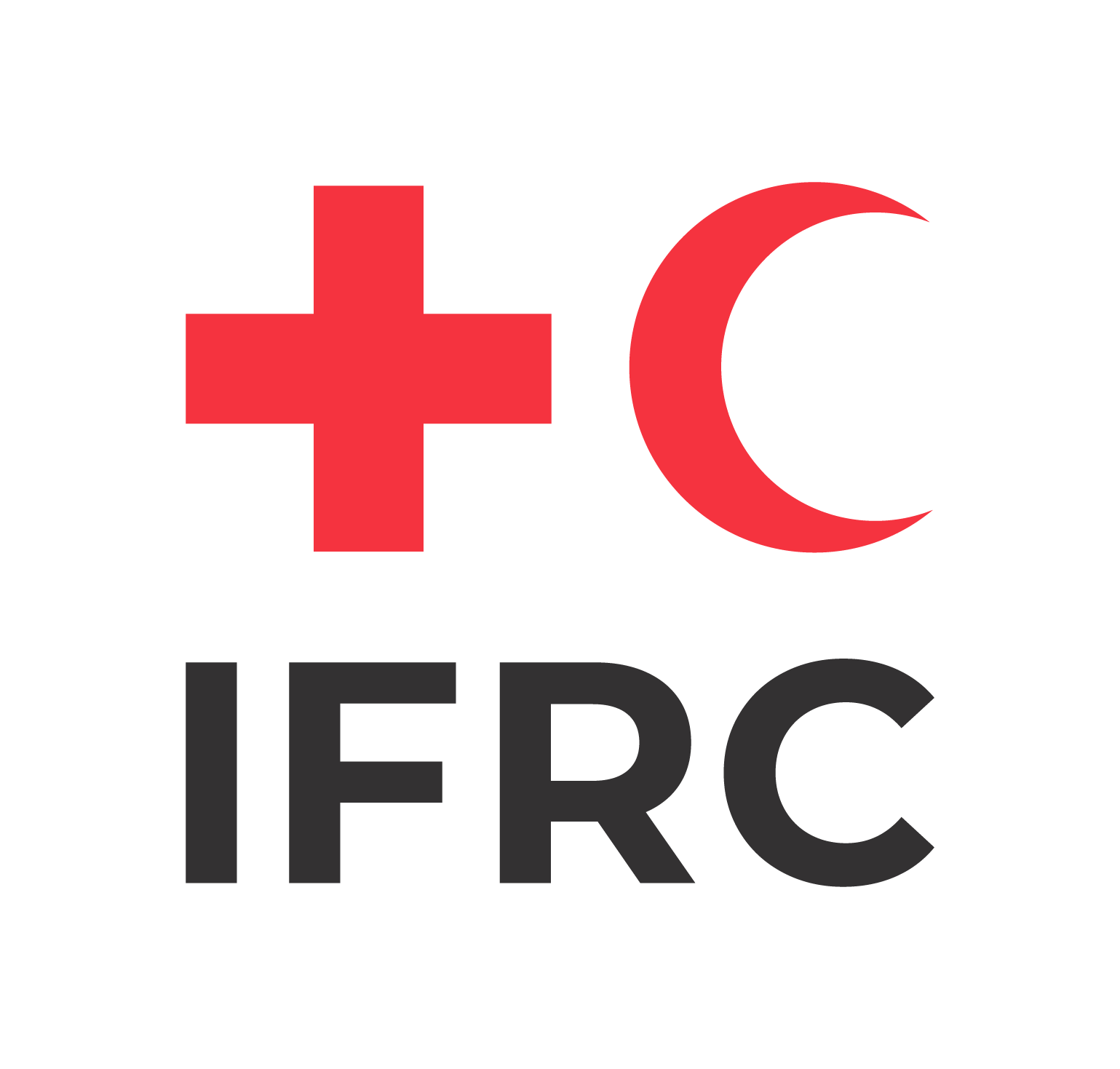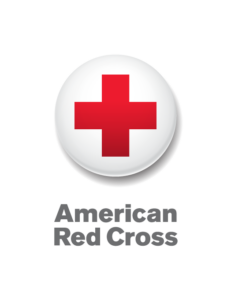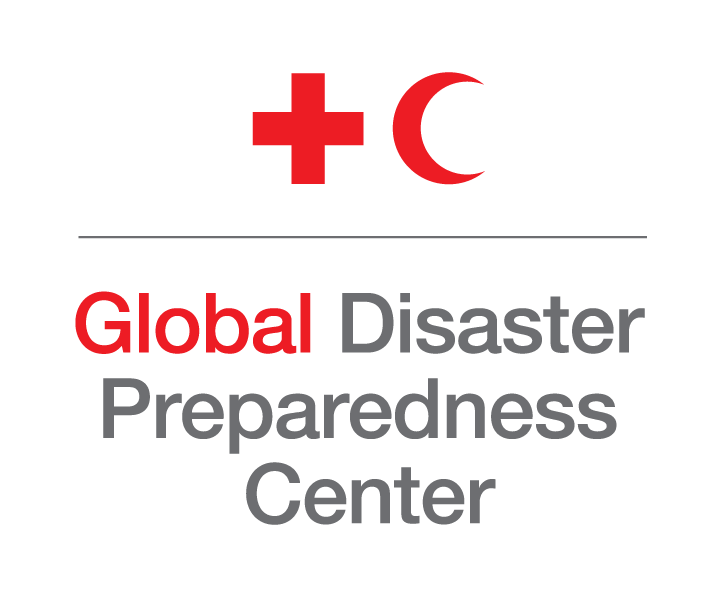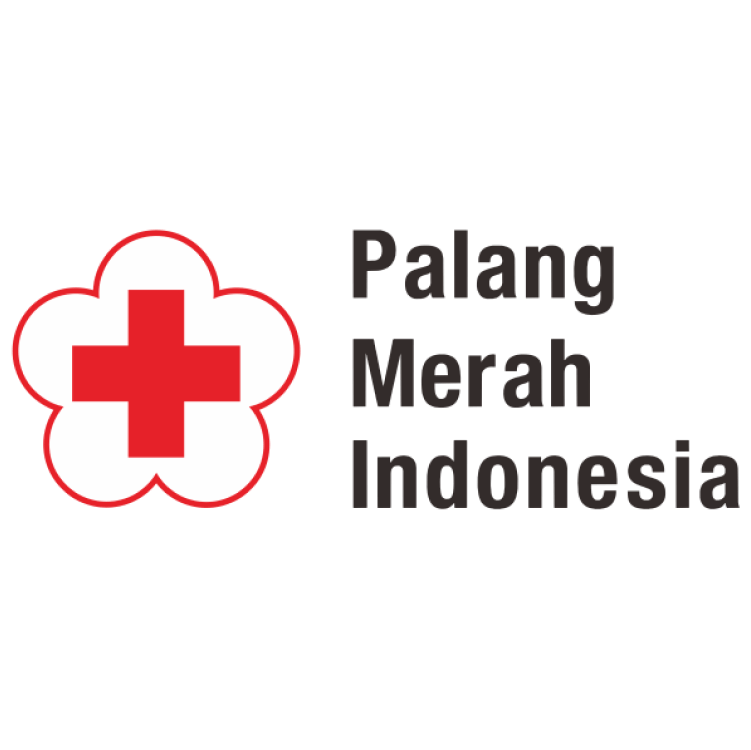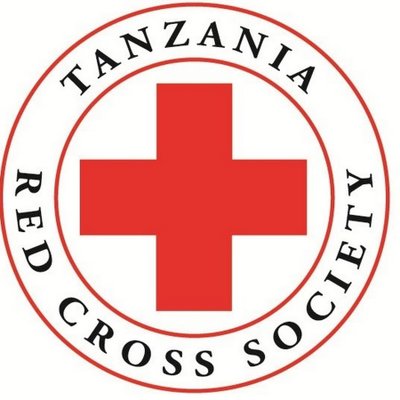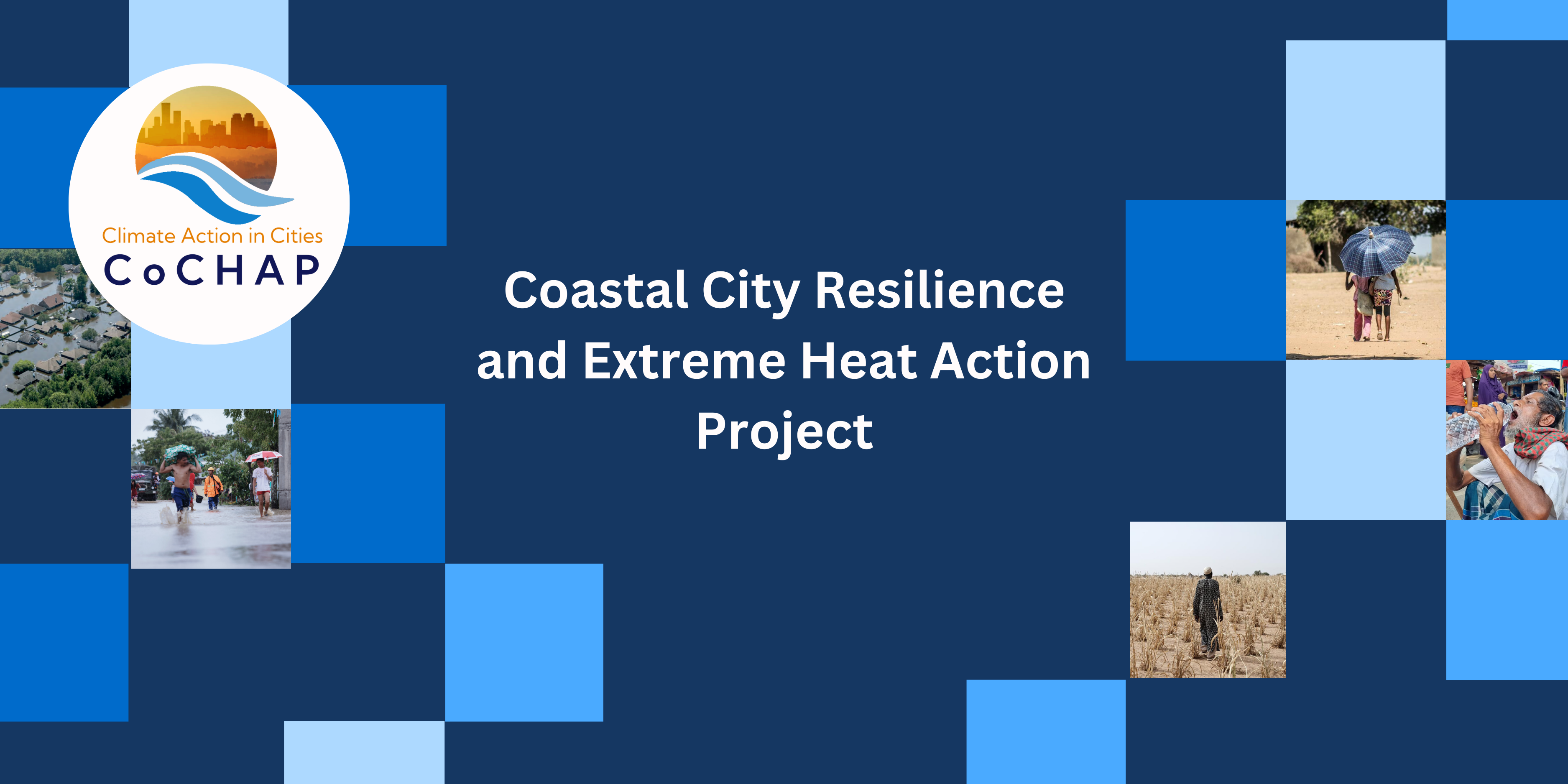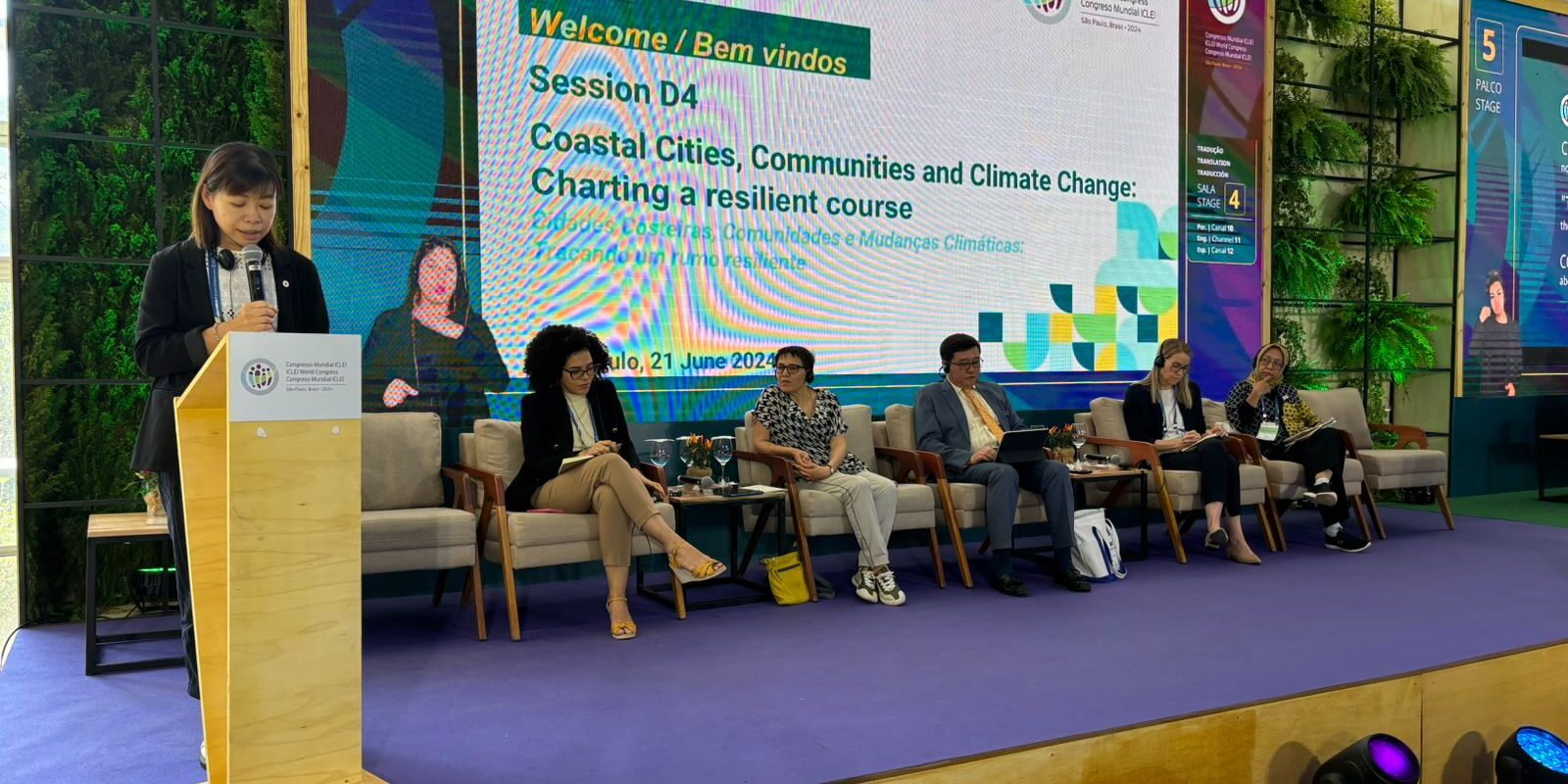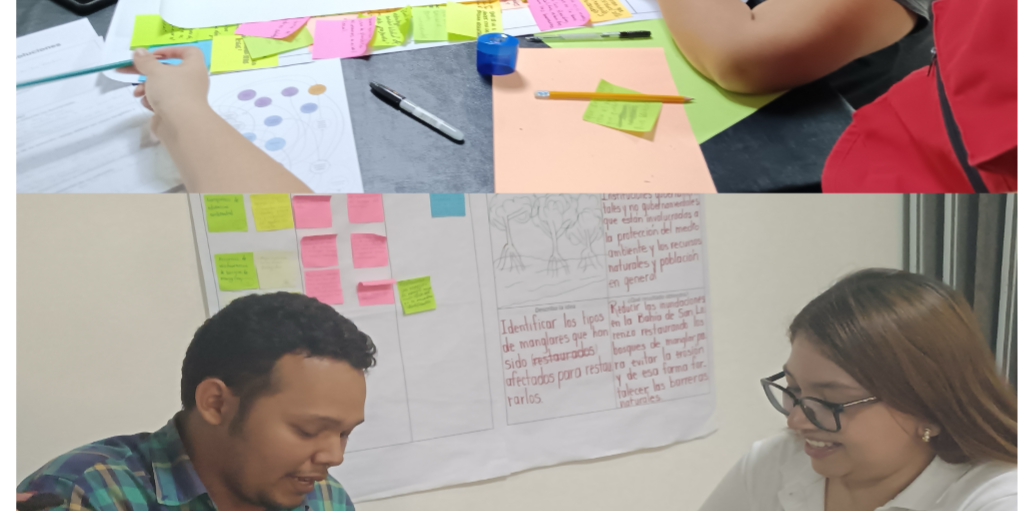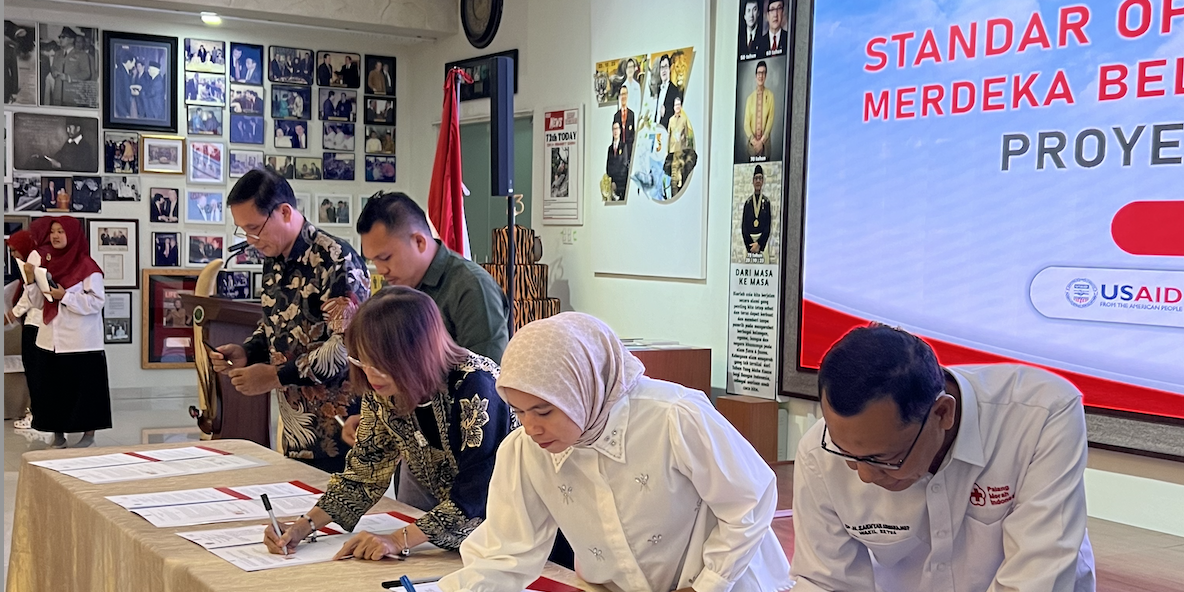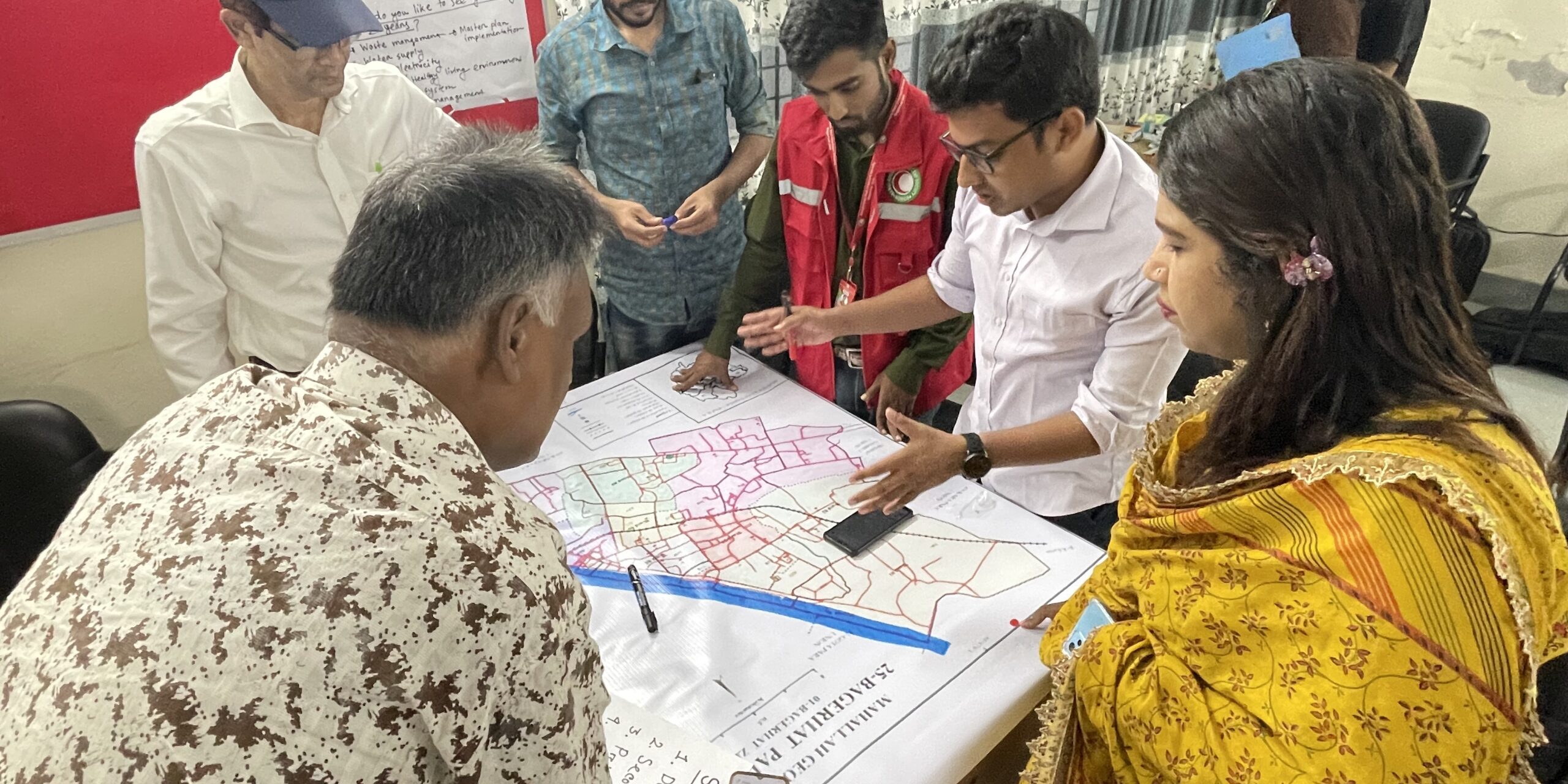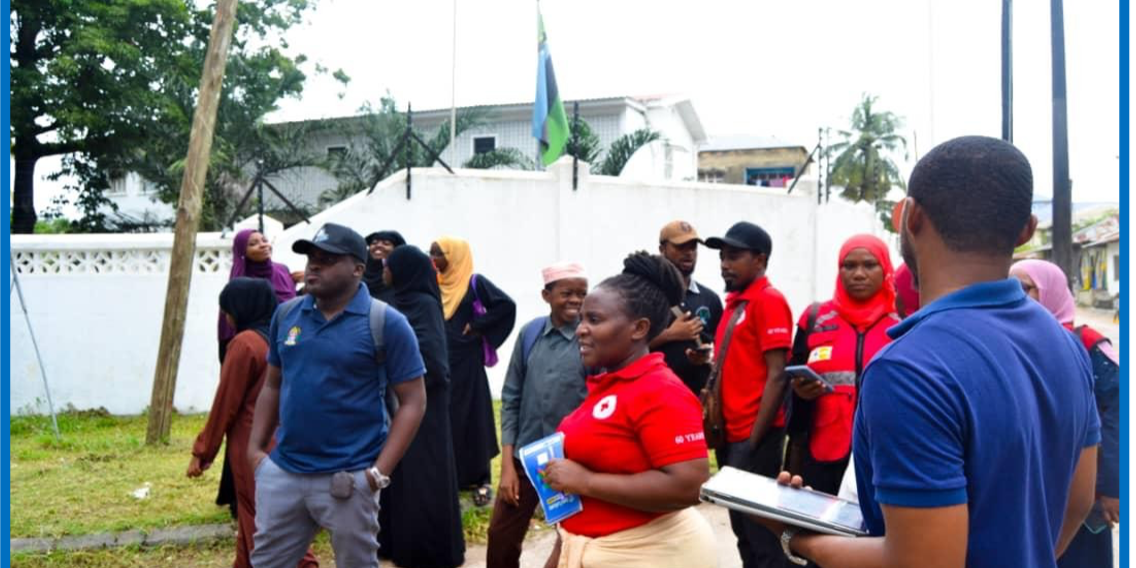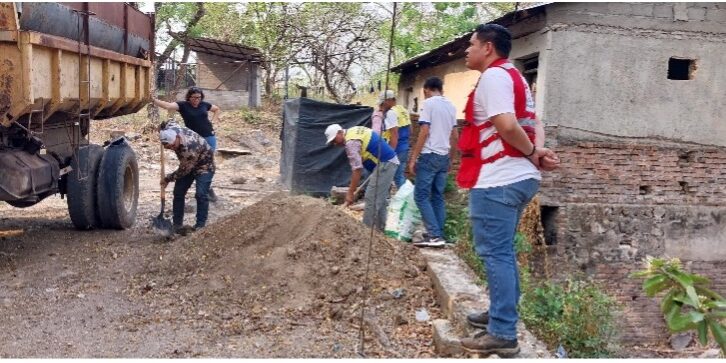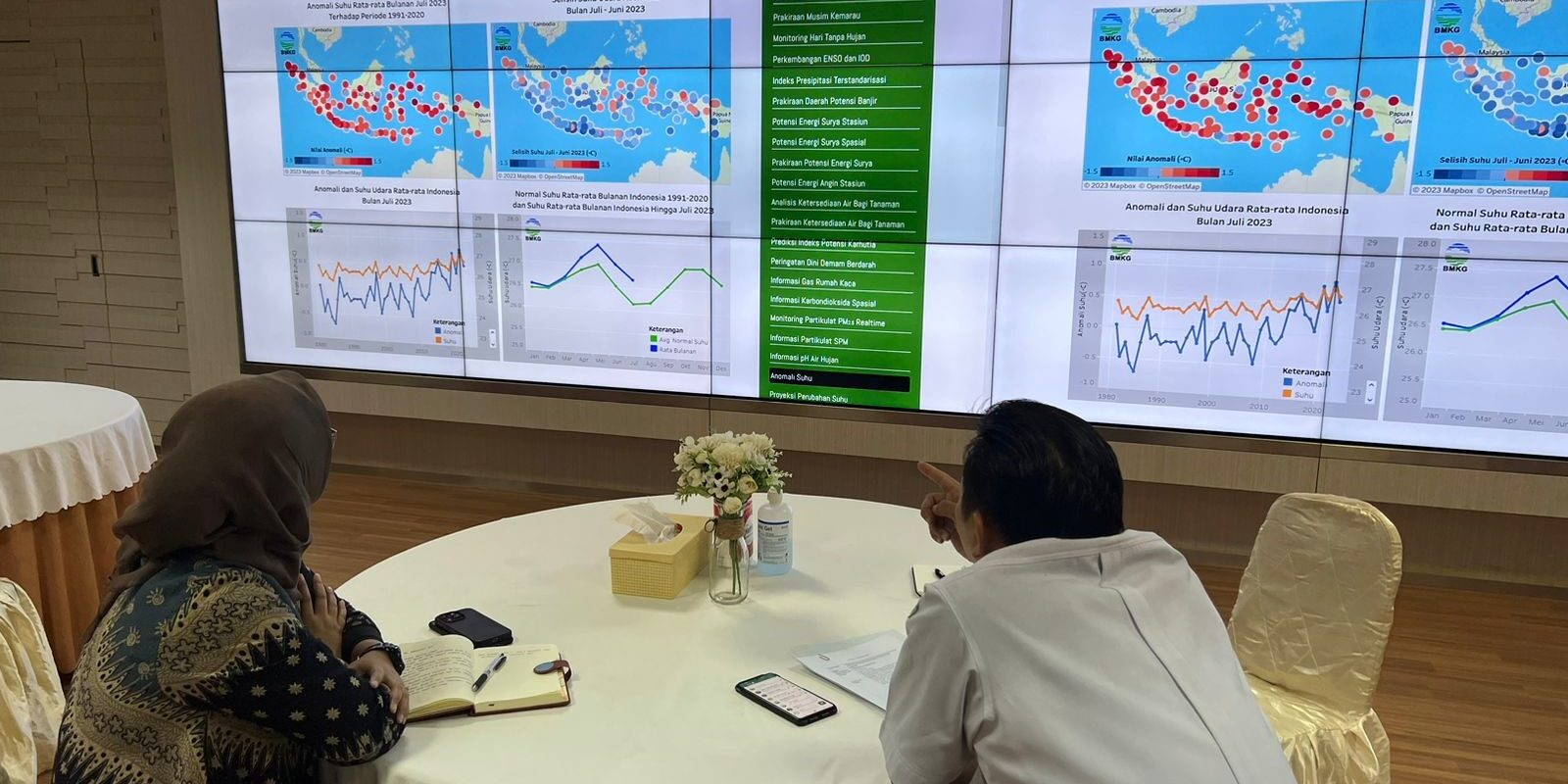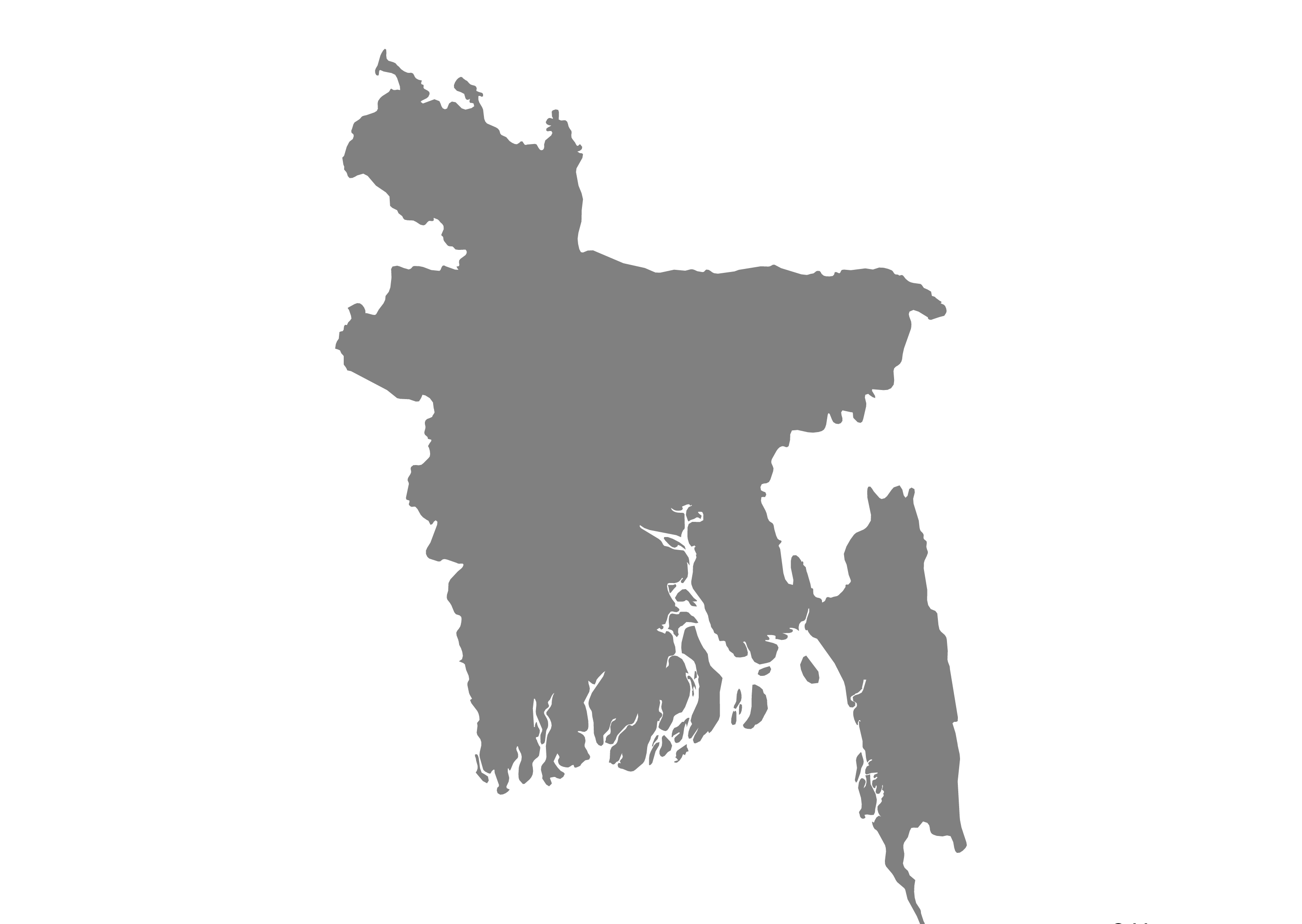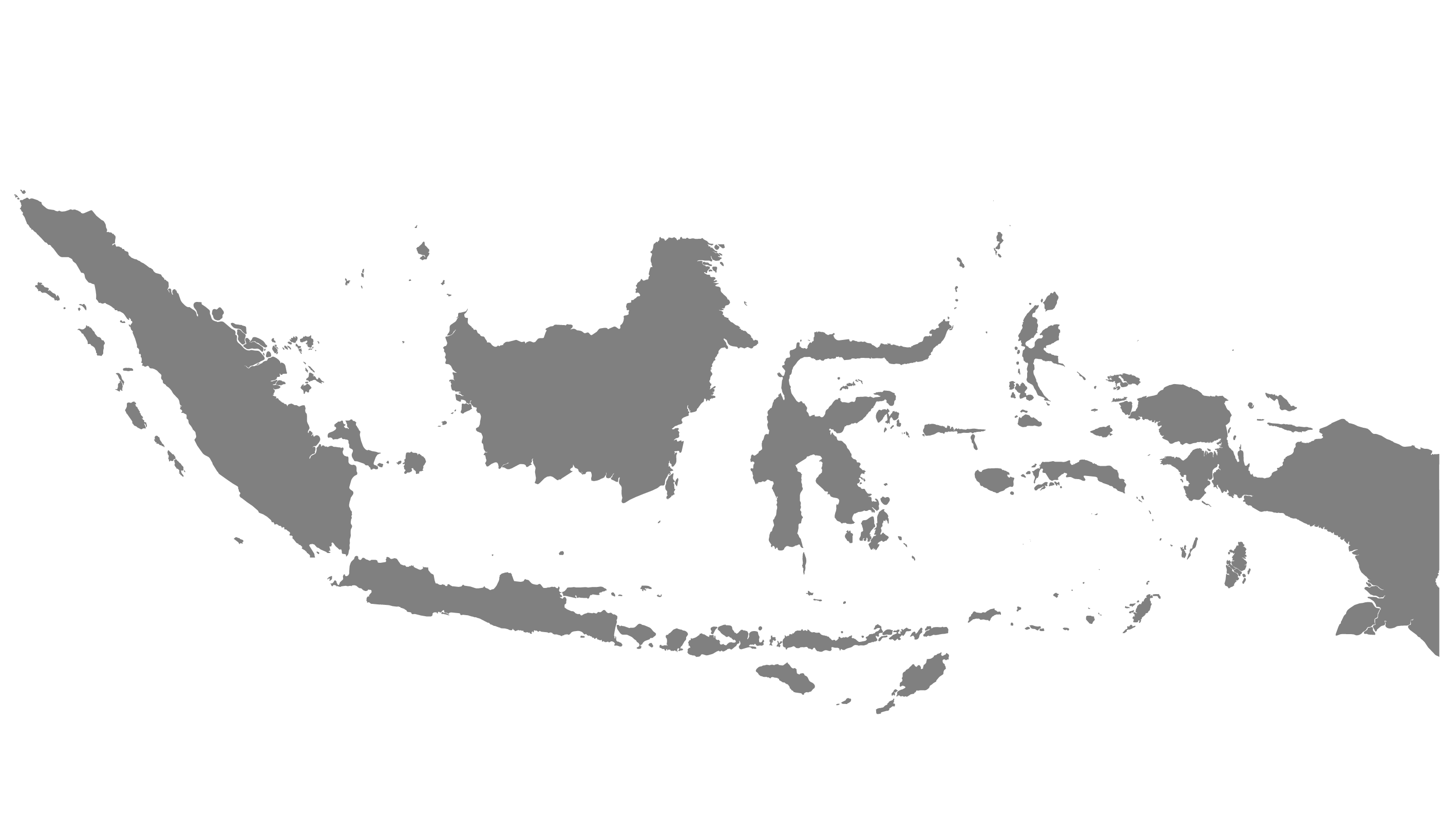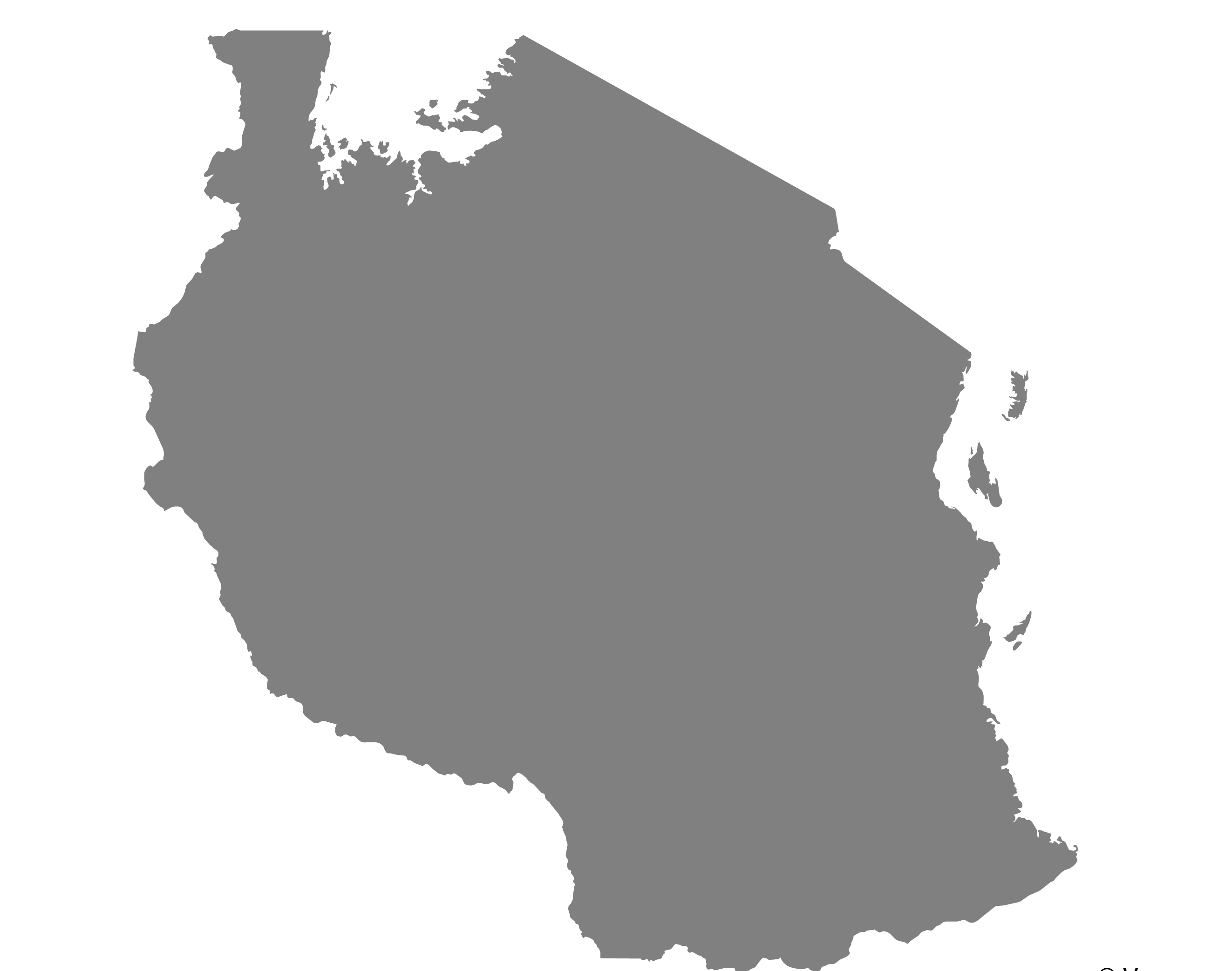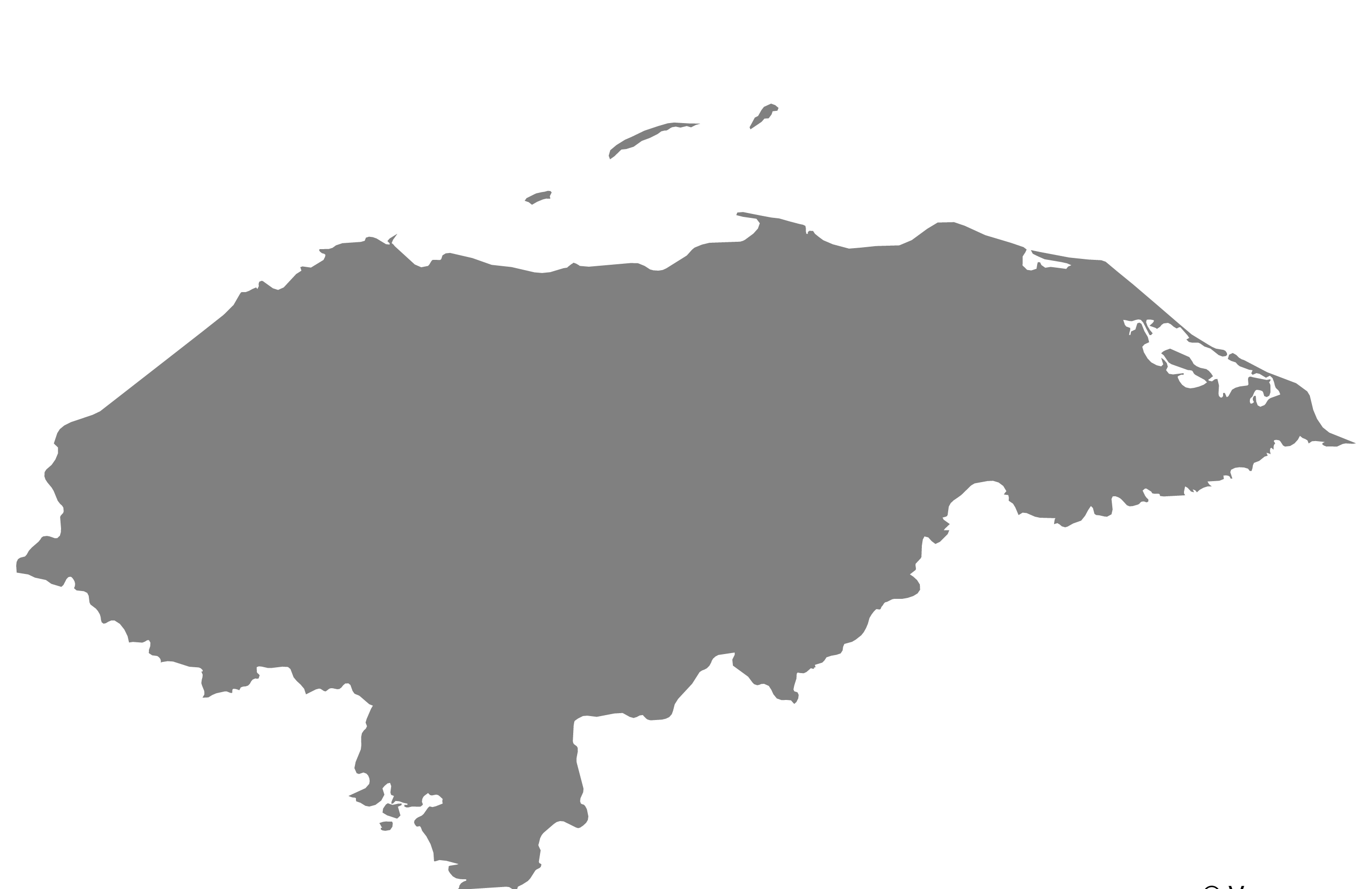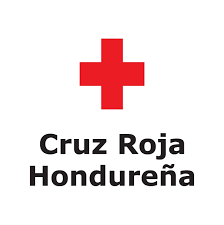Coastal City Resilience and Extreme Heat Action Project
What we do
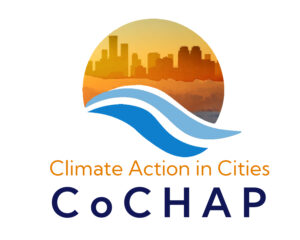 The Coastal City Resilience and Extreme Heat Action Project (CoCHAP) is implemented by the IFRC, American Red Cross, RCRC Climate Centre and the Red Cross Red Crescent National Societies of Indonesia, Bangladesh, Honduras, and Tanzania. CoCHAP aims to build climate resilience of urban communities, particularly to extreme heat and coastal threats. While building on the learning from the previous experiences in coastal cities, extreme heat response and locally led climate adaptation, CoCHAP will strengthen the capacities of the communities, Red Cross and Red Crescent (RCRC) National Societies, city authorities, meteorological agencies and other stakeholders in system and design thinking, coalition building and evidence-based collective action. CoCHAP was initially funded by the USAID/BHA during the period August 2022 to January 2025.
The Coastal City Resilience and Extreme Heat Action Project (CoCHAP) is implemented by the IFRC, American Red Cross, RCRC Climate Centre and the Red Cross Red Crescent National Societies of Indonesia, Bangladesh, Honduras, and Tanzania. CoCHAP aims to build climate resilience of urban communities, particularly to extreme heat and coastal threats. While building on the learning from the previous experiences in coastal cities, extreme heat response and locally led climate adaptation, CoCHAP will strengthen the capacities of the communities, Red Cross and Red Crescent (RCRC) National Societies, city authorities, meteorological agencies and other stakeholders in system and design thinking, coalition building and evidence-based collective action. CoCHAP was initially funded by the USAID/BHA during the period August 2022 to January 2025.
What is new?
World Urban Forum and the World Cities Report
WCR, the landmark publication of UN-Habitat is out! This report highlights strategies for local and regional governments and other partners to collectively forge solutions, drive innovation and craft budgets and policies that support sustainable urbanization for people and planet alike.
Here are some reflections from the WUF 2024.
Cities and climate resilience: reflections from the World Urban Forum 2024
Coastal Cities Dialog
We organized the first Coastal Cities Dialog as part of the ICLEI World Congress (WC) 2024 in São Paulo, Brazil 18-21 June 2024. High-level representatives of the RCRC National Societies of Bangladesh, Indonesia, Hong Kong, Ghana, South Africa, Tanzania, Honduras, Colombia, Paraguay, Grenada, and IFRC, colleagues from the Climate Centre and ICLEI, and cities from all around the World participated in the event. It was an important step in operationalizing the MOU that IFRC and ICLEI have launched at COP28 in Dubai. After the lively discussions, the participants agreed on three pitches that they presented a panel of experts to give feedback and recommendations.
Co-designing Solutions for cities
Under the Urban Climate Resilience Action component of COCHAP, the city coalition members are co-designing solutions for the priority coastal hazards and climate risks identified through the City-Wide Risk Assessments process. The report summarises the process and the learnings in Honduras and Tanzania.
City-Wide Risk Assessment: A system Centric Approach for Building Resilient Coastal Cities
The Coastal City Resilience Project (CoCHAP) implementing in Bagerhat and Satkhira Municipality, Bangladesh brought together city stakeholders to identify climate change risk, map their impact on the city system and entry points for building city resilience through the City Wide Risk Assessment (CWRA).
Reactivation of Municipal Nursery Garden, Nacaome City, Valle. Honduras
Honduran Red Cross in collaboration with the Municipal Government aims to maintain plants in order to restore green areas at the municipal level, as well as to keep educational centres, churches, and places near water sources reforested, so mitigating the effects of high heat.
Where We Work
The CoCHAP project targets 9 secondary cities in Bangladesh, Indonesia, Honduras and Tanzania. While in some cities activities focus on either coastal resilience or extreme heat, in others the activities address both climate risks.
Sharing and Learning
One of the premises of CoCHAP is to build a foundation of practice and knowledge which can be learned from and scaled in regard to building resilience to extreme heat and coastal hazards in secondary cities. The Project has indicators and monitoring and evaluation plans at detail. We also strive for learning in a broader sense which requires a parallel process of reflection and learning from not just our experience but of our partners and the communities. Lean more about the CoCHAP Learning Agenda.
Partners
